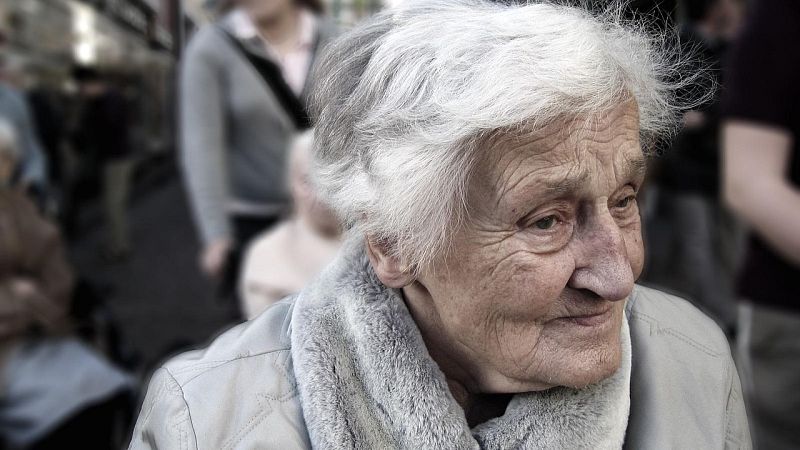Ageing Spaniards are more afraid of cognitive decline than physical changes, survey finds

In a society where youth seems to be the dominant ideal, Spaniards are beginning to look at ageing from a different perspective: they do not fear wrinkles so much as loss of lucidity, according to a new survey.
Seven out of ten Spaniards say cognitive deterioration is their main fear in the face of the passage of time, far more than physical changes, which only concern 15 per cent of respondents, according to the survey from the consultancies Alpha Research and Burson for Asisa.
The report, based on a survey of 2,000 people aged 30 to 50, indicates that while 87 per cent believe that society is still focused on the aesthetic signs of ageing, 95 per cent say that their personal priority is health and well-being, not appearance.
There are regional differences. Fear of losing mental abilities is particularly high in Castilla-La Mancha (78 per cent) and Aragon (75 per cent), while concern about appearance is more concentrated in Cantabria and the Balearic Islands, where it is around 20 per cent, compared to the national average of 15 per cent.
In addition, women express greater overall concern about ageing (76 per cent compared to 66 per cent of men), especially about age-related health problems and loss of independence.
The mind as the key to healthy ageing
Most Spaniards are not just worried, they're taking action. Nine out of ten respondents claim to have incorporated changes in their daily lives to age better, including more physical exercise (54 per cent) and better nutrition (52 per cent).
They said the changes have been driven by a greater awareness of the importance of prevention (63 per cent) rather than previous illness.
Notably, while 27 per cent of women try to balance health and aesthetics, 61 per cent of men said they focus more on physical and mental wellbeing.
More than 90 per cent of respondents believe that mental attitude is the key to ageing well. About half of Spaniards said healthy habits are the most important determinant of quality ageing, far ahead of genetics (27 per cent) or external factors such as luck.
The future, according to the survey data, is perceived with hope. Thirty-seven per cent of Spaniards see themselves as independent and with a good quality of life after the age of 70, and one-quarter see themselves as healthy and active.
The report said Spain is leaving behind the ideal of eternal youth: ageing is no longer seen as a loss, but as an opportunity to take better care of oneself and live all stages of life to the fullest.
Today

